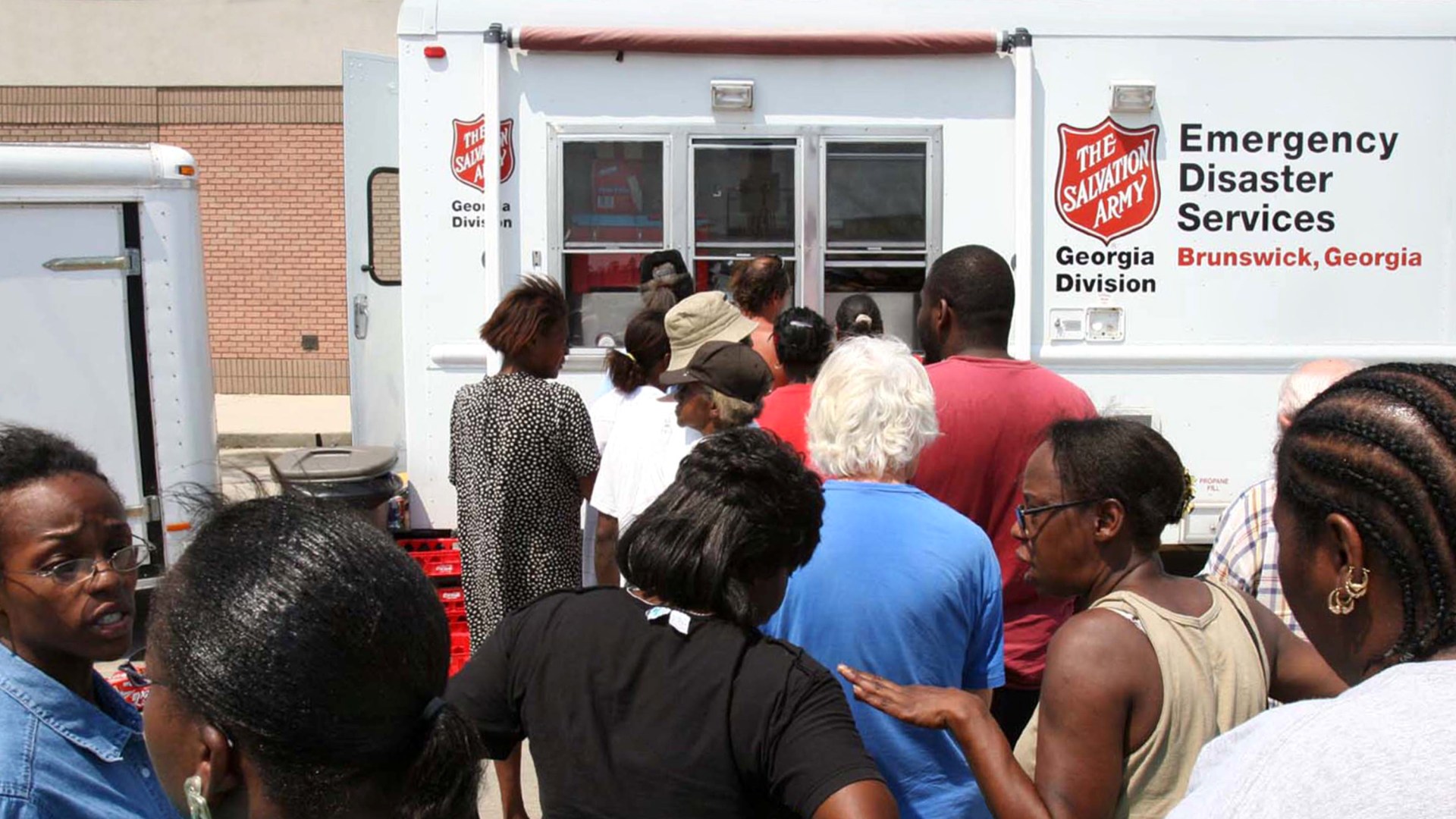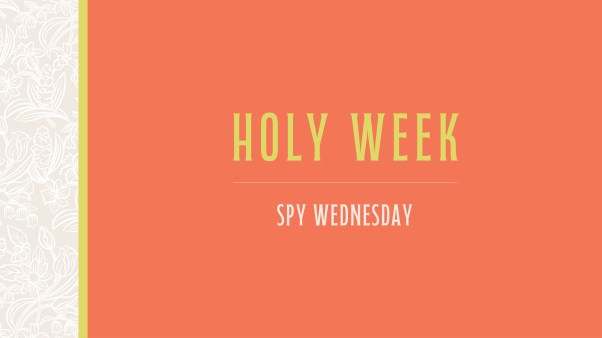Twenty years after Katrina’s landfall on August 29, 2005, the hurricane remains one of the biggest disasters in American history: 1,392 deaths, and damage of about $200 billion (in 2025 dollars).
This will be a week of remembrance in New Orleans. We’ll probably hear a lot about the scope of the loss and the failures in response, including how journalistic credibility suffered damage.
While the Los Angeles Times cited “snipers and armed mobs” terrorizing “seething crowds of refugees” and CNN anchor Paula Zahn spoke of “bands of rapists, going block to block,” none of that was true.
Author Michael Lewis, a longtime New Orleans resident who did what reporters are supposed to do, said he “covered much of the city, along with every inch of the high ground” and checked out specific stories to correct the fictions.
While journalists became hysterical when the category-5 storm hit, many Christian volunteers kept their heads and exercised their hearts.
The work of church groups, rarely on the press call list, often ended up overlooked. Only later did stories emerge like that of Travis Maynard, 66, a Southern Baptist who had survived a massive heart attack and chemotherapy and radiation to treat cancer.
In the hurricane aftermath, he headed up a 24-person crew that served 10,000 or so meals a day, saying, “I’m here to serve. This is my calling.”
Maynard and his helpers were not alone. Thousands of volunteers aided the hundreds of thousands of refugees from Katrina who needed housing, goods, and other help. Ethel Wicker, a 57-year-old evacuee from New Orleans, summarized her experience at one site. ‘‘You just walk in. They have clothing …. And they treat you very well.’’ She compared that with waiting for hours to get food stamps and no help from FEMA.
Hundreds of churches had stories like this one from Gautier Presbyterian Church in Gautier, Mississippi, which helped a disabled veteran after Veterans Affairs did not replace his dentures, eyeglasses, and hearing aid swept away by Katrina. Church volunteers raised money to cover the dentures and pre-paid a Wal-Mart optician’s bill.
When church volunteers spotted an elderly lady living in a tent beside her ruined home, they immediately brought her food, blankets, a generator, a lamp, and an electric heater and then pressed for a long-term solution.
Groups often worked together. In Long Beach, Mississippi, Southern Baptist disaster relief volunteers from Ohio, Iowa, Tennessee, and Kentucky joined the Salvation Army for a mass feeding operation in the parking lot of a tattered Piggly Wiggly. The volunteers in yellow hats worked in mid-90s heat distributing meals in the parking lot or loading Salvation Army canteen trucks. The trucks carried meals to Gulfport and other decimated towns, often sharing gas with the local sheriff’s department.
Thousands of evacuees ended up in Jackson, Mississippi, where First Baptist Church became a shelter for people with special medical needs. Dozens of cots and a handful of hospital beds soon lined the church’s gym, with some among the elderly filling a makeshift clinic run by volunteer nurses and doctors.
One 83-year-old, Thomas Smith, had missed two critical dialysis treatments in New Orleans before he was airlifted to the church, where he said volunteers treated him better than doctors back home.
In Biloxi, Mississippi, Samaritan’s Purse set up at a United Methodist conference center that escaped destruction. One of the volunteers, San Diego firefighter Rusty Thill, sold everything in his apartment when he heard the Katrina news and drove his Chevy truck to the Gulf Coast.
At the home of Linda Ogden and her elderly mother, Thill and other volunteers lay sturdy tarps on their leaking roof, an effort that left Ogden in wonder. “I can’t believe they would help people for free like this,” she said. “I’m so thankful.”
In Gulfport, nearly 10 percent of the congregation of Pass Road Baptist Church lost everything, but the church staged a relief effort that included volunteers from North Carolina preparing and serving meals, and those from Pensacola, Florida, set up a mobile medical clinic.
In Texas, Great Hills Baptist Church and the Southern Baptist Convention coordinated mercy flights by pilots who donated their time and planes to ship provisions to flooded areas. “Load it up, fly it over, and stay long enough to pick up some fuel,” said pilot Derrich Pollock from Austin.
One month after Katrina’s landfall, church efforts gained unusual praise in the New York Times: “A New Meaning for ‘Organized Religion’: It Helps the Needy Quickly.” The September 29 story described how “from sprawling megachurches to tiny congregations, churches across the country have mobilized in response to Hurricane Katrina, offering shelter, conducting clothing drives and serving hot meals to evacuees, many of whom have had difficulty getting help from inundated government agencies.”
Times reporters Michael Luo and Campbell Robertson wrote:
The main hallway of the Florida Boulevard Baptist Church is lined with garbage bags full of clothing. The gymnasium has become a soup kitchen. And a kitchen set up outside churns out several thousand hot meals a day. At River of Praise Church in Tomball, Tex., 150 evacuees from the New Orleans area are camped out on cots in the family activity room, two youth rooms and a conference room.
Big organizations put up big number. The Salvation Army rotated into the disaster area 12,000 employees and 28,000 volunteers on two-week shifts. They distributed 158,000 cleaning kits (broom, bucket, mop, and detergent) and 130,000 boxes of groceries, assisting about 1 million people in all.
Individual church members were also active. Beliefnet told of a person who felt helpless watching Hurricane Katrina coverage on television. “I said a prayer, ‘Lord, I am giving money, but I want to do something personally. Send me someone to help.’ About 15 minutes later my phone rang. My neighbor said, ‘We are helping 75 evacuees who are moving into a camp near Pell City, Alabama. Do you want to help?’”
The result: “My husband and I moved into high gear. We gathered up linens, pillows, blankets, comforters, hair dryers, hot rollers, toiletries, make-up, soap, tools, clothing, 15 pairs of shoes, etc. I am giving Wal-Mart gift certificates to hand out as well. It was such a joy for us to be able to share what God had blessed us with to help someone who had nothing.”
During the week after Katrina, thousands of individuals posted online listings offering help: “I am a licensed bus driver willing to go south to haul those folks out …. I am a house painter …. I am fully licensed, have a truck with all equipment and chemicals, and am willing to go down and help out with any pest control problems …. I’m a building and roofing contractor from upstate New York who will donate my expertise and labor …. I am background-screened and fingerprinted for childcare, willing to take in a few kids or a small family …. I speak fluent Spanish and will contact anyone for anybody.”
Some never carried through on their initial impulse, but many did, including some from among the medical personnel who wrote of their willingness to serve: “I’m a board- certified orthopedic surgeon who is willing to help in a medical capacity …. I am a nurse from Cleveland …. I am a fully licensed general surgery chief resident willing to help immediately …. I am a CPR-certified health care provider.”
Some specialists were willing to be generalists: “Hi—I’m a registered nurse, my boyfriend is a union electrician. Even if you couldn’t use us in our professions, we would be willing to provide any assistance necessary.”
Many people offered housing, and some had their offers accepted: “Can’t get out there myself, but we have a dry, clean living room with space for a small family and their pets …. We only have our hearts and our home to offer, but our home is comfortable and dry! … I am a single mother with a small baby at home. I have an extra room and can house a single parent and/or children. It’s not a lot of space but I can help with meals, clothing, employment, and schooling …. We are licensed, loving foster parents who would be honored to take in a baby/toddler/young child—short or long term.”
Many without special training or available space just offered themselves: “I was down at Ground Zero after 9/11 and can help with any manual labor, rebuilding, medical help, search and rescue, and anything else under the sun …. I cannot offer my apartment for shelter at this time because I have no power/water, and I cannot offer money because I have very little, but I am very able to help out physically …. I have two husky chainsaws, transportation, and complete camping and cooking gear. No PAY required, just a destination and a person who truly needs help.”
Some skeptical journalists did not hide what they had seen. Bill Berkowitz of the Inter-Press Service compared “FEMA’s failure to provide timely assistance to the victims [with how] the faith-based community mobilized quickly. Thousands of vigorous and enthusiastic volunteers who were affiliated with a broad assortment of religious groups stepped up to feed the hungry, shelter the homeless, and serve the needy in countless ways.”
An atheist writing in Britain’s British Guardian Weekly commented two weeks after Katrina that he had seen how Christians “are the people most likely to take the risks and make the sacrifices involved in helping others…. men and women who, like me, cannot accept the mysteries and the miracles, do not go out with the Salvation Army at night.”
Marvin Olasky is Christianity Today’s executive editor for news and global and the author of The Politics of Disaster: Katrina, Big Government, And a New Strategy for Future Crises.














